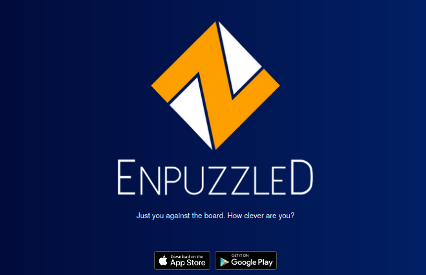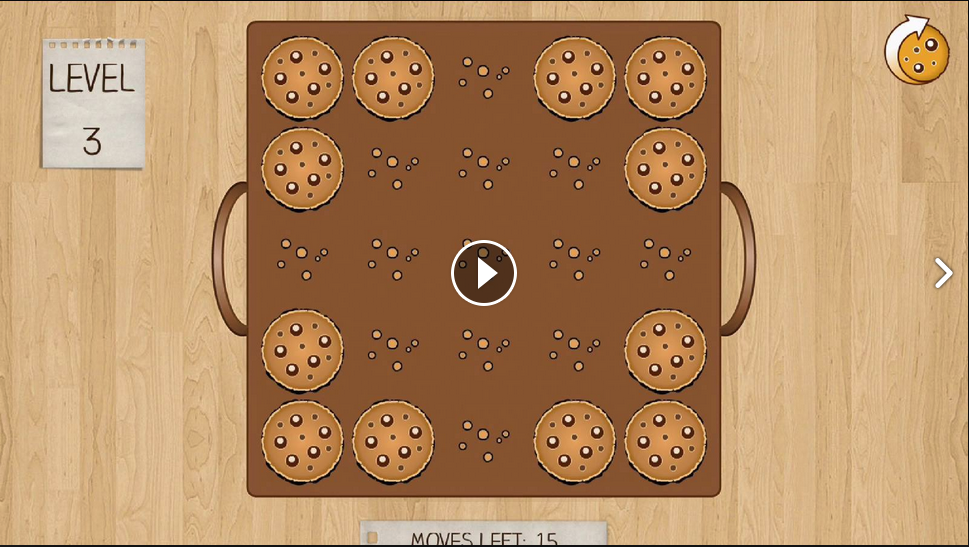Android
,
Board Games
,
FRP
,
Functional Programming
,
Functional Reactive Programming
,
Game Programming
,
Games
,
Haskell
,
Ios
,
Iphone
,
Mobile Apps
,
Mobile Games
,
Mobile Haskell
Haskell Game Enpuzzled Released for Android and iOS
After two years of work, thousands of commits, and over 100 releases on iTunes and Android, we are very proud to release Enpuzzled, our latest game for Android and iOS. You can download the game here.
...
Android
,
Board Games
,
Functional Programming
,
Functional Reactive Programming
,
Game Programming
,
Ios
,
Iphone
,
Parallel Haskell
,
Reactive
,
Yampa
Haskell on Android and iOS
We strongly believe that Haskell is one of the best choices for game and app programming. It’s declarative, it’s portable and it’s robust.
However, turning your Haskell code into an app that can be published on the App Store or Google Play for Android has always been painful. Over the years we’ve worked extremely hard to make this process smooth. Most of this has happened behind the scenes, and only two apps and a few papers have been published.
...
Board Games
,
Functional Programming
,
Games
,
Gtk
,
Gtk2hs
,
Haskell
Creating board games in Haskell in 100 lines of code
While code written in Haskell is very declarative and mathematical, as soon as we try to create a user interface, we’ll be slapped on the cheek by a wave of IO that will turn our code procedural in no time. One of the main ideas behind this gaming (ad)venture called Keera Studios is to write more mathematical, robust games. We want these games to be easy to understand and expand, and we want them to look good too.
The current trend in this respect is based mostly on FRP. However, FRP is still on its way, and no Haskell implementation (AFAWK) performs really well. (We recently tried all of them, and found that there’s still a lot to be done to be able to fully rely on FRP for interactive applications).
In this post we’ll see that, through an ad-hoc layer that will hide most of the controller and separate the UI from the mathematical model, we can implement nice-looking games in Haskell that have declarative, pure definitions and use graphics efficiently for the implementation.
...


